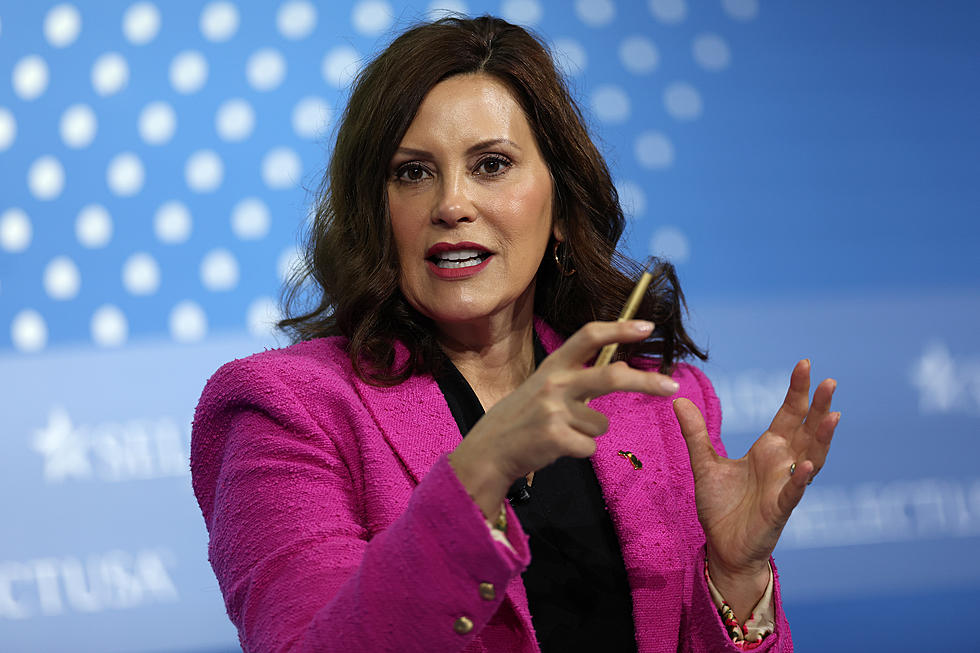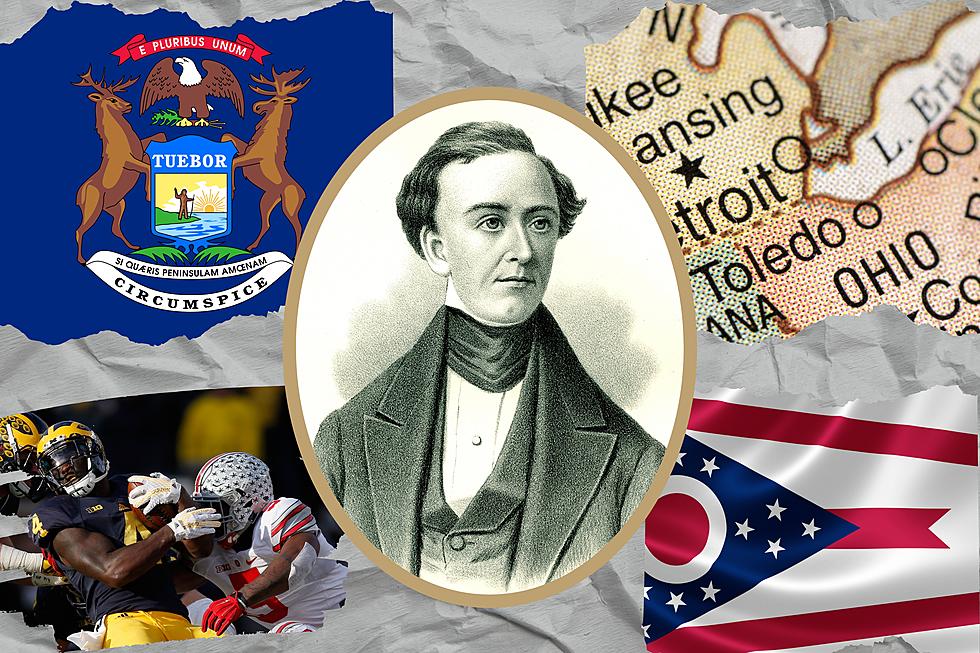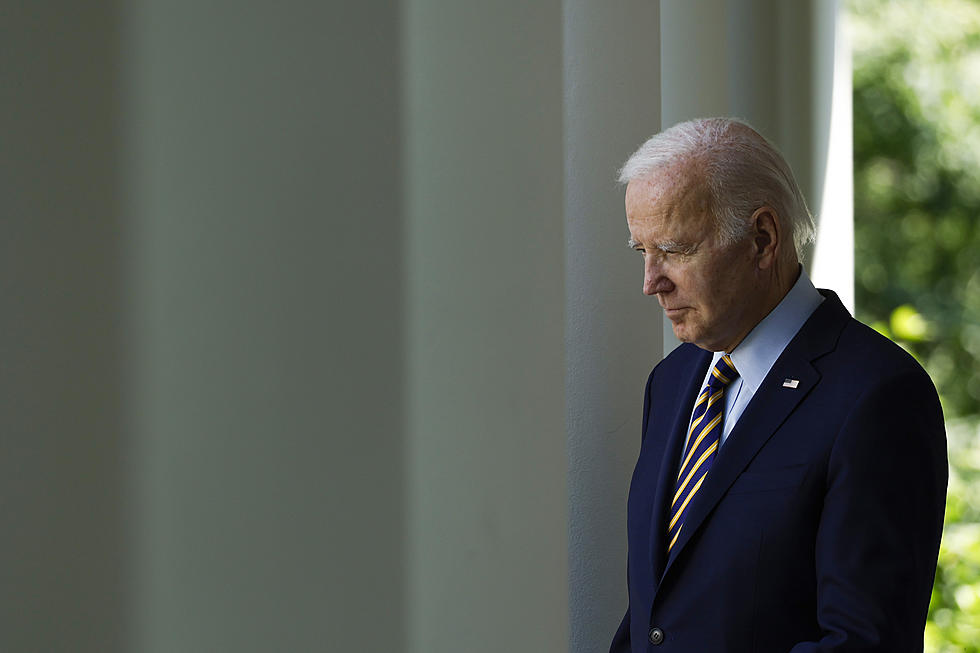
Did Republican & Democrat Senators Sell Stock Ahead Of COVID-19 Decline?
There are quite a few reports that at least 4 U.S. Senators from both sides of the political divide may have used information they knew that the rest of us did not know concerning the seriousness of the COVID-19 virus to sell stock they owned prior to the floor of the stock market opening up.
Those Senators are:
Richard Burr (Republican from North Carolina):
Dianne Feinstein (Democrat California)
Financial disclosure forms for Feinstein show two sales on Jan. 31 of $500,001 to $1 million, then another sale of $1-5 million in stock for Allogene Therapeutics, a cancer research biotech company.
Senator Feinstein told the Washington Examiner that:
during my Senate career, I’ve held all assets in a blind trust of which I have no control” and “reports that I sold any assets are incorrect, as are reports that I was at a Jan. 24 briefing on coronavirus, which I was unable to attend...Under Senate rules, I report my husband's financial transactions...I have no input into his decisions. My husband in January and February sold shares of a cancer therapy company. This company is unrelated to any work on the coronavirus, and the sale was unrelated to the situation.
Sure like you could not have met with them and told them what to do.
Kelly Loeffler (Republican Georgia)
The financial disclosures that every federal elected politician must fill out showed that between January 24th and February 14th the Senator reported selling stock jointly owned with her husband worth between $1,275,000 and $3,100,000. The form also recorded that on February 14th she bought between$100,000 to $250,000 in stock purchases for Citrix, a company that does telework.
The Senator then told Fox News the idea that she sold stocks based on congressional briefings:
could not be true” because “I’m not involved in the decisions around buying and selling...I have adhered to the letter and the spirit of these ethics rules
Interesting to note that her husband is Jeffrey Sprecher, the chairman of the New York Stock Exchange, and she said they put rules in place so neither one could do discretionary trades.
James Inhofe (Republican Oklahoma)
His financial disclosures show sales of stock in PayPal, Intuit, Apple, and others totaling $180,000 to $400,000 on Jan. 27, but he also sold between $150,000 to $350,000 in January before the Senate Health briefing.
Senator Inhofe made the following statement:
The New York Times allegations are completely baseless and 100 percent false. I was not at the briefing on January 24. I was meeting with pro-life kids from Oklahoma here for the March for Life and the new nominee to be U.S. Ambassador to Tanzania.
I do not have any involvement in my investment decisions. In December 2018, shortly after becoming chairman of the Senate Armed Services Committee, I instructed my financial advisor to move me out of all stocks and into mutual funds to avoid any appearance of controversy. My advisor has been doing so faithfully since that time and I am not aware of or consulted about any transactions.
Are there more, when the virus settles we should definitely look into this and determine if any politicians sold or bought a stock on insider information given to them and not the public. If it is determined they did they should be immediately removed from the Senate or House and prosecuted to the full extent of the law.
To get some more insight into how these politicians could escape any accountability there was an article written by Charlie Gasparino and Lydia Moynihan from Fox Business that may give a path to these politicians not being held accountable if they truly did something illegal.
These politicians must start to be held accountable to the same laws we are. All we need to be looking for is an independent group such as the Justice Department to investigate these claims, not the House or Senate Ethics Committees.
More From WBCKFM









